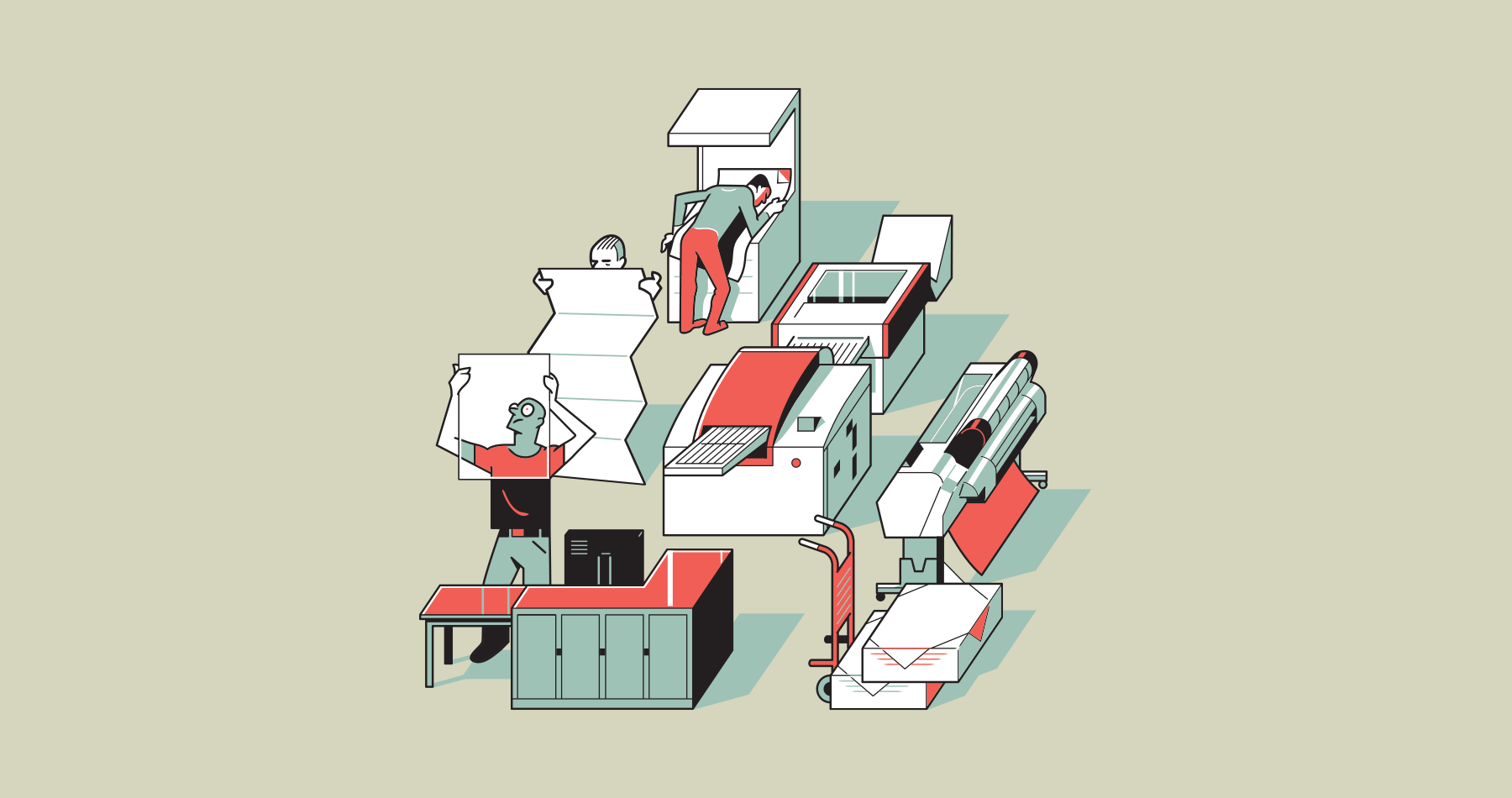Your staff requirements
By Alyssa Ruane
Too often as a business owner, you are guilty of being bubble-bound. You are worried about what is happening internally—what orders are coming in, what shipments are going out. And while you are in your company’s bubble, other industries are edging their way into yours.
And there is the outside bubble. It can feel scary looking outward today, especially with issues like the COVID-19 forcing your customers to reexamine the way they do business. But you must persevere—you must do what you must in order to stay afloat and ahead. Kate Zabriskie, founder of Maryland-based consultancy Business Training Works Inc., has been in the corporate training business for 20 years. While observing trends and listening to companies’ key needs, she says the one thing that has been consistent is change.
[the_ad id=”540″]And today’s hiring landscape needs to reflect that change. What change, you ask? Well, the way we do our jobs, to start.
Enter the robots.
“A lot of the administrative stuff is moving to self-serve,” Zabriskie explains, noting how that shift is also eliminating the person-to-person sales relationship. She asks, “When was the last time you went to the bank?”
“Last month—to buy a house,” I reply. “For everything else, I use the app.”
“Exactly,” she says.

“A smart thing to do for any business is to look around at other industries,” Zabriskie says, and wonder, how is this going to affect me?
The internet was a large external influence that disrupted many industries. Not just banking, not just printing.
To stay ahead of your competitors when the next big shift happens (hint: it is already happening), human resources consultants say companies must seek and employ critical thinkers. Dictionary.com defines critical thinking to be, “disciplined thinking that is clear, rational, open-minded, and informed by evidence.” (The irony of citing an online dictionary in lieu of a physical one should not be lost on you.)
Wondering about external influences as Zabriskie mentions is one facet of critical thinking. And while it helps for leaders to have these skills, it is just as helpful—and necessary—to have critical thinkers throughout the company.
When critical thinking is critical
In order to survive, Jeremy Eskenazi says employing the skill of critical thinking is vital, especially in industries like printing that are big on pricing. The ability to differentiate is really important, and how they do it is through the people.
“In the workplace, you can achieve a lot more with people who use critical thinking to solve problems,” says Eskenazi, managing principal of Riviera Advisors, a talent acquisition management consulting firm based in Long Beach, California.
By investing more in this type of talent up front, it can benefit your bank account in the long-term. When employees are thinking for themselves and formulating their own solutions (even if those solutions are not utilized each time), the need for managers and supervisors is greatly minimized—maximizing your bottom line.
“In the workplace, you can achieve a lot more with people who use critical thinking to solve problems.”
— Jeremy Eskenazi, Managing Principal, Riviera Advisors
Does the job require critical thinking? Eskenazi says to figure that out before you begin the hiring process.
Of course, not all jobs require critical thinking skills.
Line workers and accounting departments may not need to possess creative problem-solving skills as much as those who are interfacing with clients on a daily basis or working in business development.
To understand if the job needs a critical thinker in place, look at it from a performance standpoint.
While it is important to have specific knowledge requirements for particular jobs (i.e., doctors need to have medical degrees), do not get too caught up on “wish list” items or industry-specific systems. Instead of looking at what traits you want this person to have, outline the key accountabilities you want them to achieve. Then, you will be able to assess how much critical thinking power this person should possess. It is not an either-or.
Eskenazi says critical thinkers are most critical “anytime there are decisions to be made that have impactful outcomes.” Now more than ever, printers are making decisions that have impactful outcomes.
Think outside the box (and the industry)
There is no doubting the internet’s impact on the printing industry, and the experts say the way to compete with “The Amazon Effect” (the consumer expectation of receiving everything immediately) is to employ critical thinkers that can bring you out of the box and out of the industry bubble.
Eskenazi makes a sharp observation that many printers do not hire from outside the industry. While it can be uncomfortable trying something new, both HR experts say hiring critical thinkers from outside your industry is the way to nurture new ideas, which can then lead to new avenues of success.
With an attitude that does not welcome ideas from all employees, though, it is tough to cultivate a forward-thinking business full of self-starters. Zabriskie offers company culture consulting to clients as well and says it is imperative for the culture to support open-mindedness in order to benefit from critical thinkers.
Letting go of traditions can be tough, but it is even tougher letting go of a company. To truly compete with today’s heightened consumer expectations and broadened playing field, fresh ideas—and a culture that fosters them—will elevate a new era of traditional printers that made it into the modern age.
Finding & training critical thinkers
Because critical thinking requires a person to be inquisitive, one of the best ways to find critical thinkers during the hiring process is to ask—and receive—the right questions.
Zabriskie says if she asks someone a question, she does not want a simple “yes” or “no” answer. “A critical thinker will inquire beyond the initial question, asking why and getting a deeper understanding of the problem. Asking why, why, why. A big piece of this is making sure I’m actually solving the right problem. If we identify the correct issue, we’re so much farther ahead.”
Think about the time (and money) wasted when someone makes a poor, snap decision without weighing all the options. Critical thinkers naturally think things through a bit more.
“A critical thinker will inquire beyond the initial question, asking why and getting a deeper understanding of the problem.”
— Kate Zabriskie, Founder, Business Training Works
As the interviewer, both experts say it is also important to set and manage expectations. Tell interviewees ahead of time that you will be asking questions that pertain to X, Y, Z, that require thinking, and that silence is okay. After too many long, uncomfortable, silent moments, though, Eskenazi says, it is a red flag.
He also says to make sure you get the personal experience, not the shared experience, when asking about projects in past roles. If the candidate says, “We did X,” stop them and ask, “What did you specifically do to solve this problem?” The context is important when you are looking for a self-directed problem-solver.
You can train current employees to be independent thinkers, too. “I’m not sure that this is an innate skill,” Zabriskie says. “It can absolutely be taught. But don’t expect people to be good critical thinkers if you don’t show them what that looks like.”
5 ways to hire critical thinkers
- Set & manage expectations
- Define key accountabilities in the role
- Ask questions that show problem-solving skills
- Look for deeper questioning
- Foster an open-minded work environment
Source: Jeremy Eskenazi, Riviera Advisors; Kate Zabriskie, Business Training Works Inc.
Other recent articles

The Vanishing

Weighing In

We’re OK

The Guide

By The Numbers

